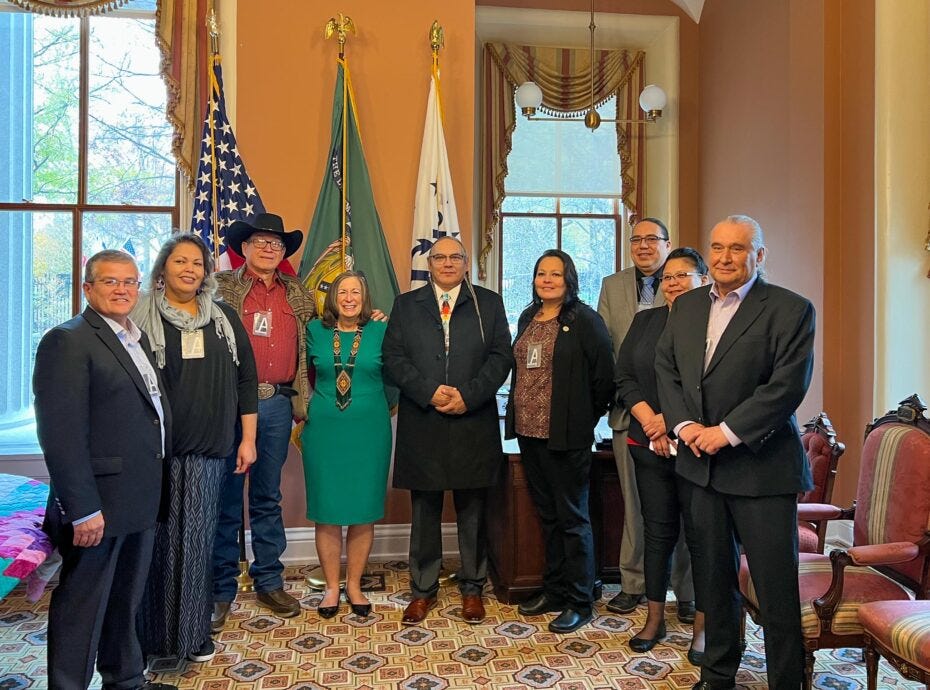Miracle in the making: Indian Health Service to receive advance appropriations
U.S. Senate passes 2-year funding deal providing extra $5 billion for IHS through '24; U.S. House expected to soon follow suit.

WASHINGTON — Tribal health advocates are widely celebrating advance appropriations funding included for the Indian Health Service (IHS) within the nea…
Keep reading with a 7-day free trial
Subscribe to Indigenous Wire to keep reading this post and get 7 days of free access to the full post archives.

